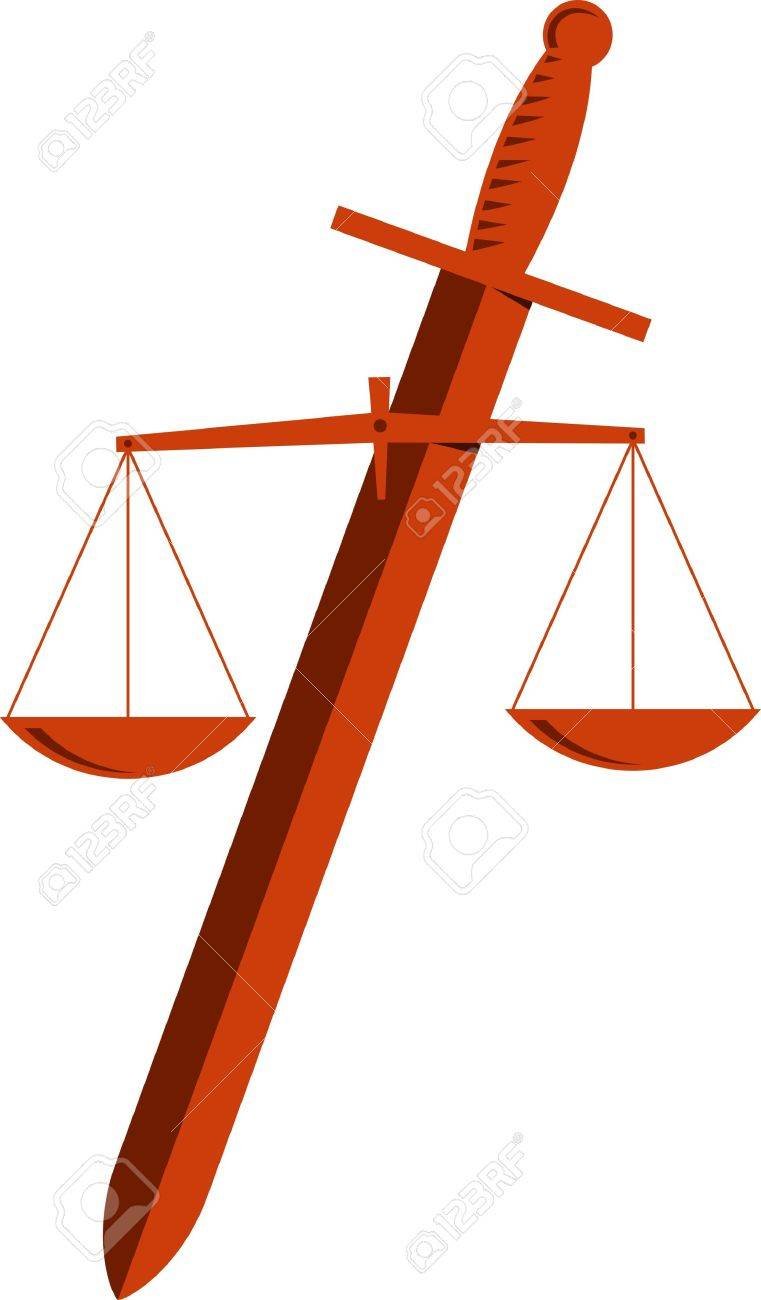I personally started the road to libertarianism upon a foundation of natural law, which I considered as a fairly objective way of looking at ethics. This has somewhat changed in time. The somewhat being important as, if I get introspective, deep down, I probably still believe, to a point, in something akin to natural law.
Morally, I mostly believe in liberty, which in my view should not need justification, but, if it does, natural law can be a starting point of sorts.

Thus spake the almighty Wikipedia:
“Natural law is a philosophy that certain rights or values are inherent by virtue of human nature, and universally cognizable through human reason. Historically, natural law refers to the use of reason to analyze both social and personal human nature to deduce binding rules of moral behavior. The law of nature, being determined by nature, is universal.”
Now the law of nature is a tricky bit. Because, called by critics the law of the jungle, many interpret is as simply might makes right. The hyena going after a cheetah's kill does not care about the fact that the cheetah worked hard for that.

Humans often try to move beyond might make right and often fail. But this is an important part of human ethics, the fact that humans at least try, to some extent, to move beyond this. Basically, natural law ethics are concepts of human nature, not of nature in general – we do not look at plants, animals or planetary movement when we talk about natural law. Human nature is not the same as pelican nature – great bird, lovely plumage.
Natural law theory works by trying to determine some universal concepts, some, as the American revolutionaries said, self-evident truths. Because without this you have nothing but might makes right - whoever happens to be in power decides ethics despite what others may think or want, irrelevant if we have monarchy, democracy, theocracy, dictatorship or what have you.
While I am cautious of moral absolutism, oftentimes too many strict principles cannot work, I can’t help but being very wary of excessive moral subjectivism or moral relativism. Some things must be clear cut, otherwise what’s the point of discussing ethics?

Can one say that Hitler or Stalin or Pol Pot were objectively evil? I believe so. Can there be a moral argument for child rape? Hell no! If we admit this, we can determine some general objective rules. Like each human owns his own body, that would be a good one.
Not everything is relative, and you need a paradigm of some sort. Unless we can create an objective standard of good, we cannot judge one ideology versus another. We need a measure of things.
Then again trying to explain your natural law rights when Genghis Khan came a knocking might have been a bit of a stretch. That does not change the fact that the old Khan most likely was wrong, but it didn’t do you much good to point it out is what I’m saying. Unless, of course, getting slaughtered is good. But I would say that it is objectively bad. Definitely bad.
There can be a context? Maybe there can be, but only up to a point. We can try, for example, not judge people off past eras as pure evil for not conforming to all modern morals, while we can say they were very, very, wrong – case in point slavery, rape, pillager and more.
The more a human being realizes his identity, the most he becomes different from an animal.
But the act of freedom that allows man to evolve is an act of freedom, so it doesn't make sense to transform it in a moral law.
The sense of law is to avoid that human beings that are "less human than others" (like Hitler or Pol Pot) damage other human beings.
But this isn't a question of morality, it is a question of security.
I also see difference between personal morality and the law - which is clearly a group thing.
But issues of law and morality often intertwine in our world so I want to take all views into account.